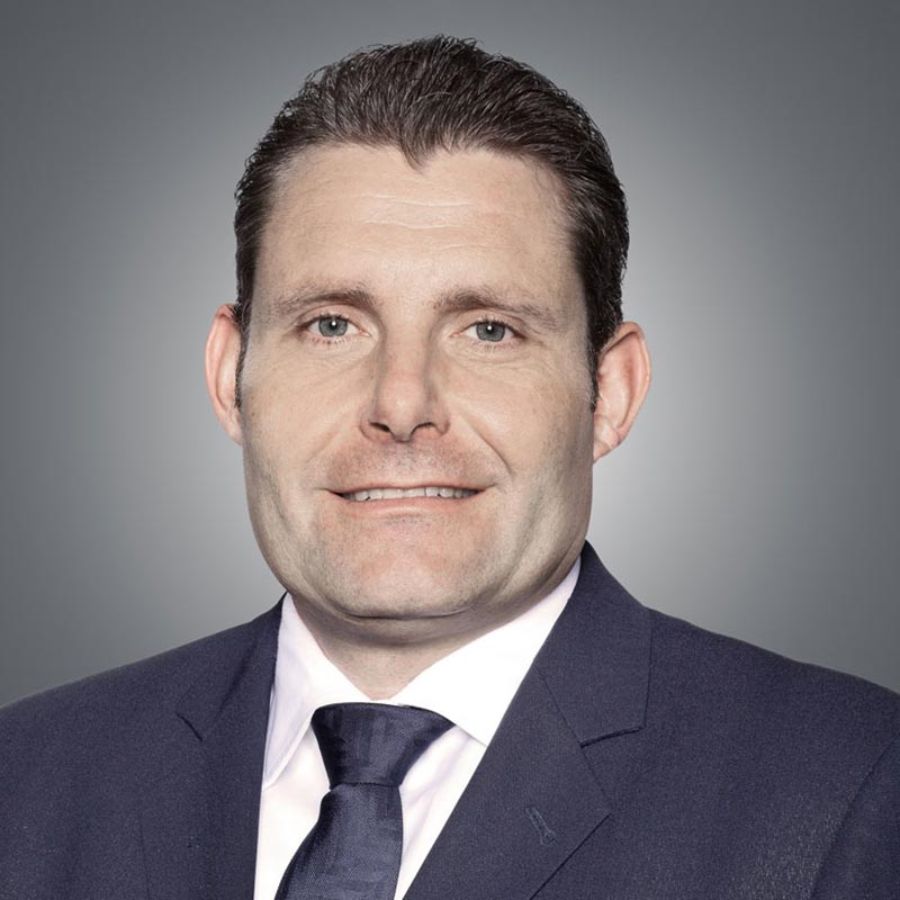New technologies are making inroads into logistics, including automated guided vehicle systems (AGVs), autonomous mobile robots (AMRs), fully automated warehouse systems, full connectivity, and intelligent data usage. They promise an increase in efficiency and improved uptime through condition monitoring and predictive maintenance. All these technologies fall under the umbrella term of Industry 4.0. Ten years after first being coined at the Hannover trade fair in 2011, the term now covers a rapidly expanding business segment. So, what is the challenge? Many companies are faced with high investment costs and uncertainty about how much they will save through increased efficiency. The guiding principle, therefore, is that Industry 4.0 is the goal, but only if you can afford it. And what about the return on investment?
Technology management can help to deliver Industry 4.0
International technology manager CHG-MERIDIAN provides support with these questions and with delivering new technology investments. “There is no shortage of interesting concepts out there, but many companies struggle to free up the financial resources needed to translate new technologies’ technical benefits into financial ones,” says Dirk Matura, Managing Director of Industrial Solutions GmbH at CHG-MERIDIAN. “We can overcome this obstacle by purchasing the technology and making it available to our customers as part of a TCO-optimized business concept. We can also help to balance investment costs against savings.”
Investment appraisal uncovers potential
Compared to conventional technology, Industry 4.0 technologies provide efficiency gains through savings in operating costs. By highlighting these savings as part of an investment appraisal, it is possible to uncover potential funding. “A technology that costs €11 million but saves €150,000 a month, for example, makes the investment that much easier, but only if the company knows its overall costs in detail,” Matura adds.
A holistic view of TCO is the starting point
The total cost of ownership (TCO) has always been a complex matter in logistics, and only companies with well-developed cost awareness manage it successfully. Companies fight over every cent charged in supplier invoices, for example the price of machinery, lease installments, servicing, and IT management costs. But less attention is paid to internal processes and costs, such as staff, procedures, use of premises, and the ideal useful life of technology investments. “It’s not unusual for only 50 to 75 percent of costs to be included,” Matura explains. “The first step is to help our customers to find the right method to measure costs.” This is based on the established methods of the major industrial associations, that is to say TCO concepts that have been developed in partnership with specialists.
The ideal customized business concept
The second step is to take a holistic view of the technology investments over the entire lifecycle: Which technology is best suited to each of the company’s logistics processes? What does the most suitable usage plan look like? Which asset usage cycle provides the best TCO? “Using the experience they have gained in the field, our experts come to the factory, analyze the technology under real-world conditions, and carry out benchmarking with equipment from different manufacturers,” Matura explains. The result is a customized business concept that provides the best possible technical and commercial solution. “The analysis provides invaluable insights into savings potential, no matter whether our customers want to use conventional or Industry 4.0 technology. Offering comprehensive advice provides the foundations for, but is only one part of, CHG-MERIDIAN’s success. The other is the implementation, the active management of technology. This is where CHG-MERIDIAN takes responsibility,” Matura adds.
Technology management ensures permanently low TCO
At CHG-MERIDIAN, technology management comprises the efficiency-oriented provision of consultancy, leasing, and remarketing services throughout the lifecycle of technology investments, from vendor-neutral procurement strategy to operation and remarketing. CHG-MERIDIAN finances the assets, such as forklift trucks, AMRs and AGVs, and leases them to its customers. At the end of the optimum useful life, i.e. before service costs and downtime skyrocket, CHG-MERIDIAN takes the assets back and remarkets them. A proportion of the estimated resale value is used to reduce the monthly lease installments. Customers thus benefit from permanently low TCO and less administrative effort.
Sustainable and TCO-optimized need not be mutually exclusive
CHG-MERIDIAN follows the principles of the circular economy by remarketing old assets and giving them a second useful life. Environmentally friendly can also be more cost-effective when it comes to energy efficiency: “In forklift trucks, for example, lithium-ion technology can be cheaper in three-shift operation than conventional lead-acid batteries,” says Matura. “We calculate this as part of our energy strategy and our leasing solution.”
Contact us
Dirk Matura
Sales Director Industrial Solutions GmbH
- CHG-MERIDIAN Industrial Solutions GmbH
- Wilhelm-Wagenfeld-Straße 28
- 80807 München
- +49 89-238856-40
- dirk.matura@chg-meridian.com



